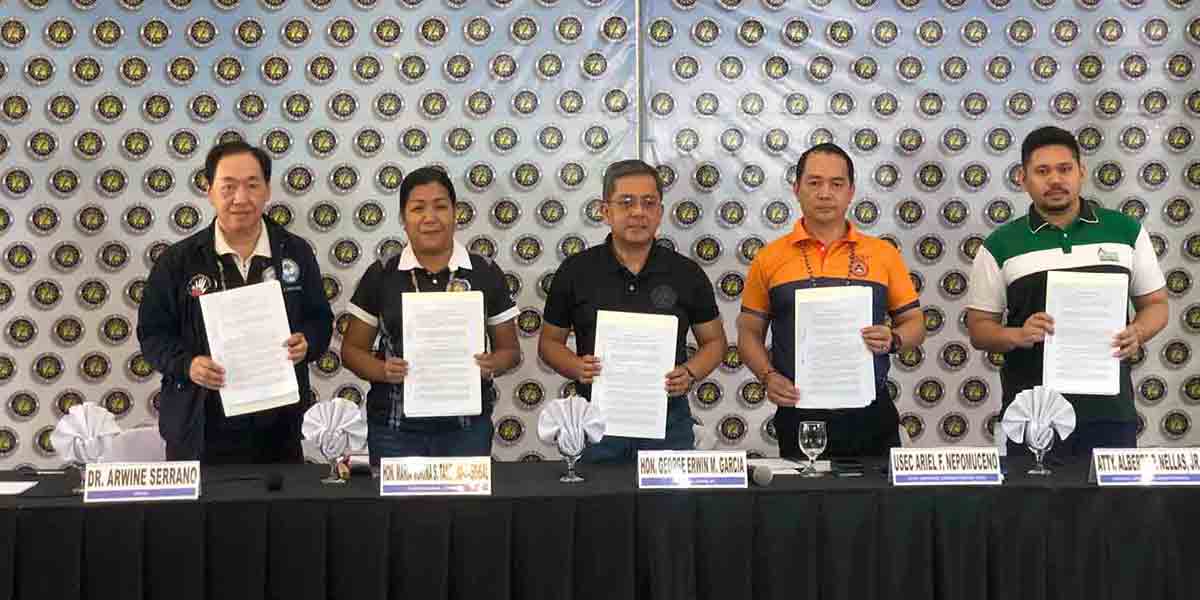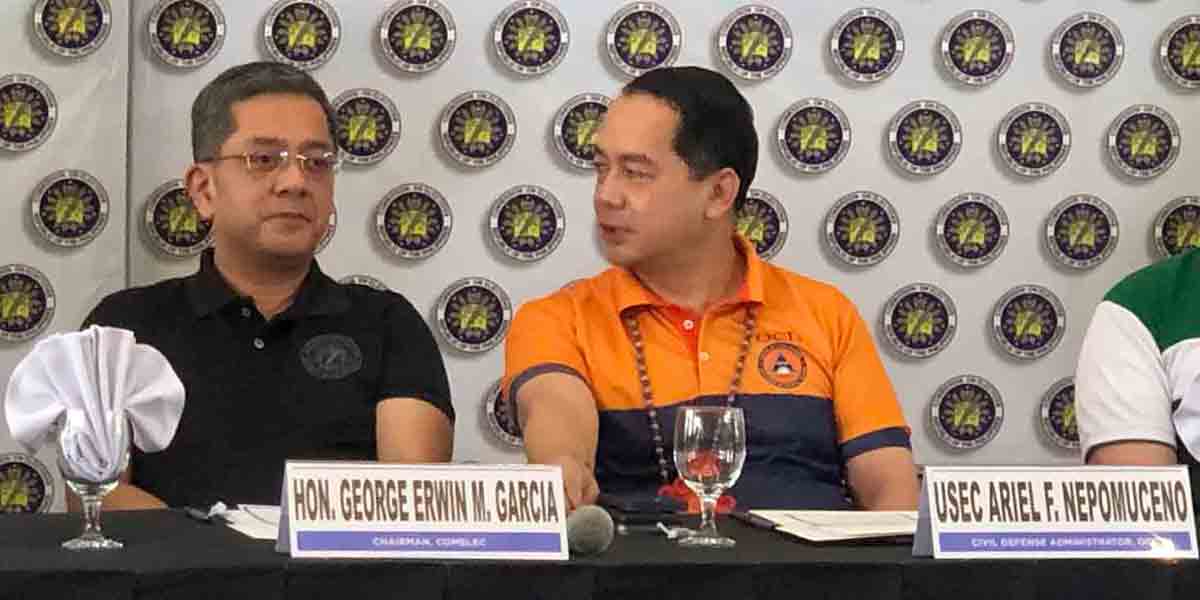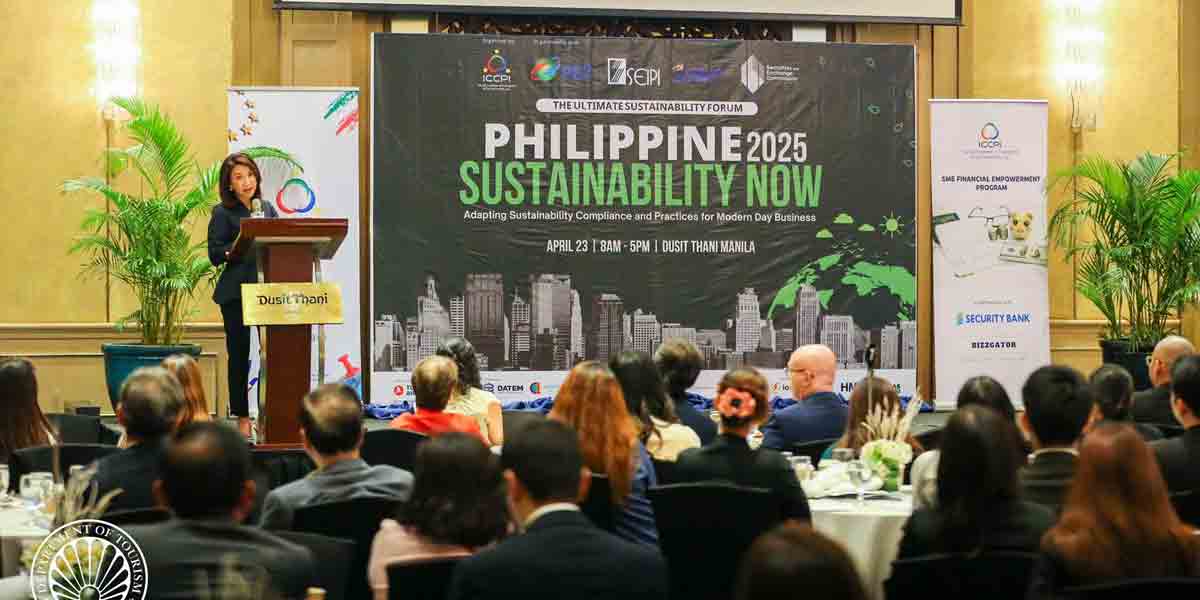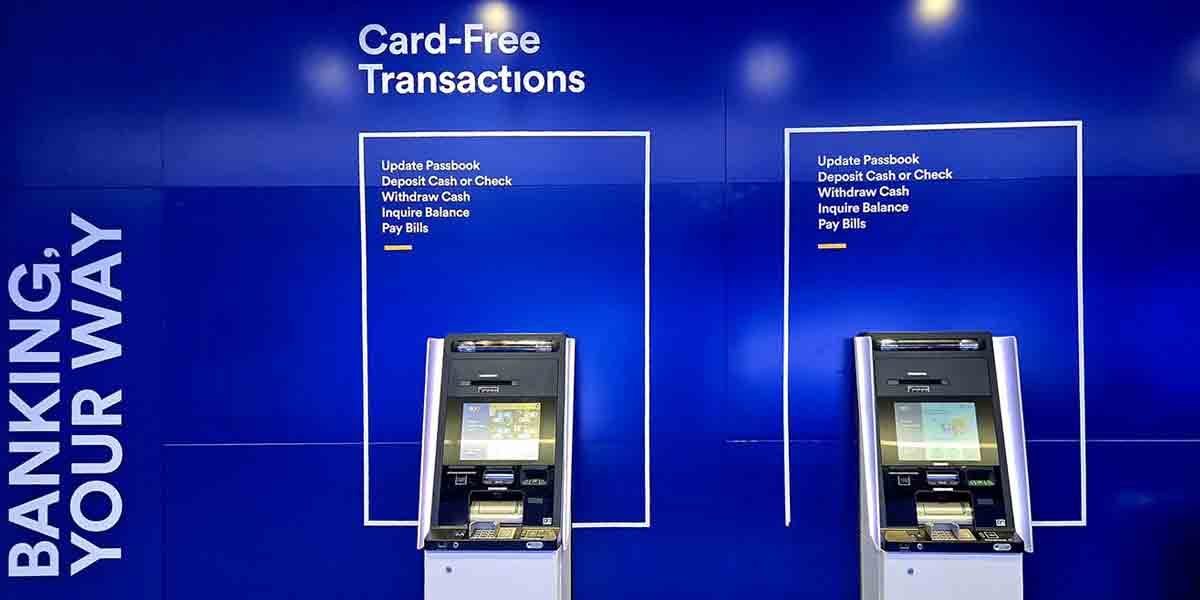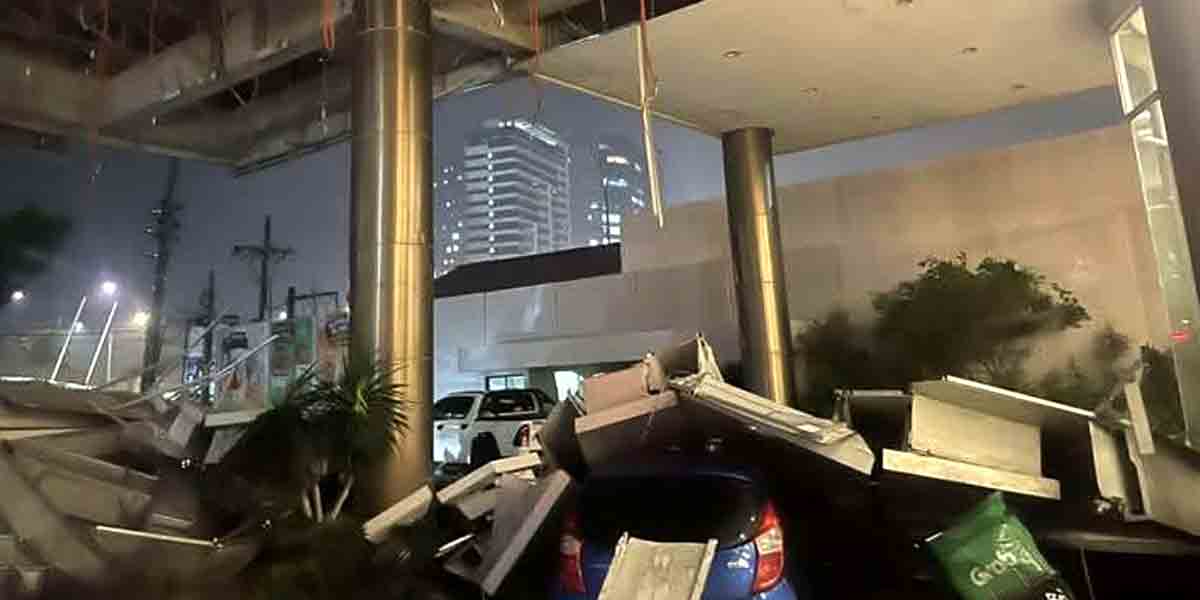
By Rjay Zuriaga Castor
The Office of the Building Official (OBO) of Iloilo City has criticized the Department of Public Works and Highways-Iloilo City District Engineering Office (DPWH-ICDEO) for blaming it for the delayed infrastructure projects in the city.
“The reason why no building permits were issued for its projects is that ICDEO either did not apply for issuance at all, or if an application was submitted, the supporting documents attached were either insufficient or non-compliant with legal requirements,” the OBO said on Wednesday, July 10.
OBO’s statement was in response to a report by the Daily Guardian, which outlined the status of the construction of a public market and six multi-purpose buildings undertaken by the DPWH-ICDEO.
In a status report obtained by the Daily Guardian, ICDEO Engineer Roy Pacanan stated that the projects, which are being constructed in phases, have been suspended due to pending permits from the OBO. These projects include one public market and six multi-purpose buildings.
The OBO emphasized that the delay in the commencement or completion of the ICDEO projects can be due to one or more of the following reasons:
- Failure of the project proponent to rectify technical or documentary deficiencies found in projects with pending building permit applications.
- Failure to secure the necessary consent of the lot owner where these projects are or will be constructed.
- Some projects have yet to secure and/or apply for a building permit.
It further stressed that some projects have already commenced construction, are nearing completion, or are already finished but “without the necessary building permit.”
Under the National Building Code of the Philippines (NBCP) or Presidential Decree No. 1096, the ICDEO is required to secure a permit from the OBO, which includes both documentary and technical requirements, before it can construct, alter, add to, change, repair, or demolish structures.
“One fundamental documentary requirement is the lot owner’s consent to construct. Technical requirements, on the other hand, include the submission of survey plans, design plans, and specifications,” the OBO explained.
The ICDEO will then submit these documents and technical requirements along with the Unified Application form for a building permit to the OBO.
Since all project locations are on city government-owned lots, the ICDEO is also mandated by the Local Government Code to consult with the local government unit and obtain approval from the City Council before project implementation.
The ICDEO also has to secure a location clearance from the city government to ensure that the project complies with the city’s 2021-2029 Comprehensive Land Use Plan.
OBO records from 2023 to the present showed that the ICDEO has submitted only eight permit applications.
Of these, two projects have been approved, one has a pending payment, and five were returned to the ICDEO for rectification. The ICDEO has yet to submit the rectifications for the five projects, according to the OBO.
“To address the deficiencies noted during technical evaluation and to facilitate compliance, considering that ICDEO has several projects awaiting building permits, the OBO recommended that ICDEO submit their design plans in advance for initial technical evaluation before the actual application for a building permit,” the OBO added.
The OBO clarified that the initial evaluation is not part of the actual building permit application. The process is only to ensure that the project’s design plans are compliant with the minimum requirements of the NBCP, which would allow the ICDEO to immediately rectify deficiencies in the design.


